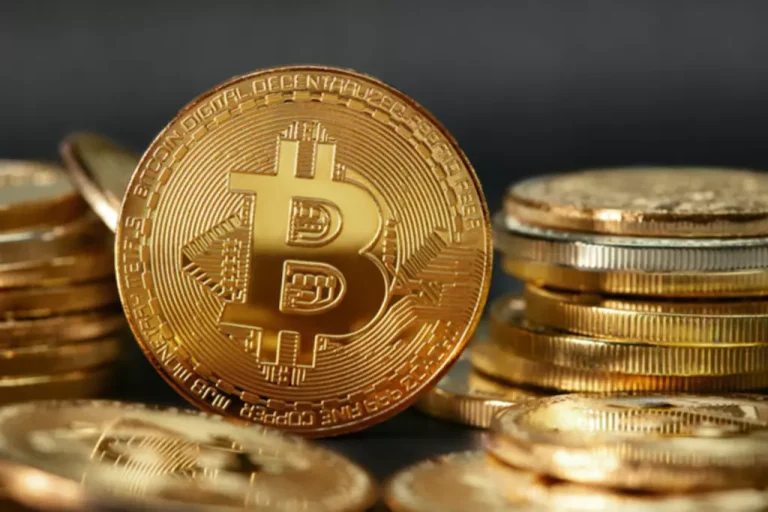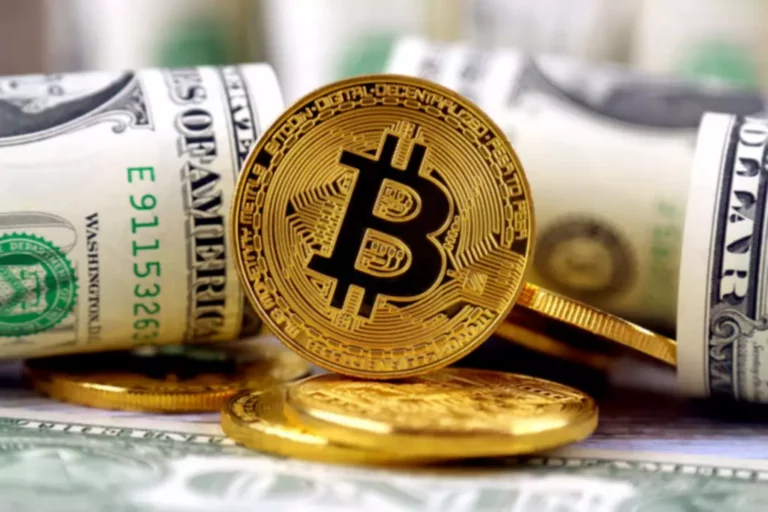Or, you could be a technical swing trader who wants to learn more about the fundamentals of the events-driven approach. The ECN network often allows trade sizes upwards of 0.1 lots, and if you are wanting to trade less than that, then a broker that offers an alternative form of market access may be better suited. ECN brokers are another type of NDD broker that provide access to the electronic communications network for liquidity. ECN and STP are rather similar, but the ECN is a network of banks, hedge funds, and other large institutions that trade with each other.
As a result, they don’t have much risk offering fixed spreads, which most new traders will find easier to deal with than floating spreads. In conclusion, forex options provide traders with a flexible and versatile tool for profiting from the movement of currency pairs. By understanding the different types of forex options offered by brokers, traders can make informed investment decisions and effectively manage their forex portfolios. However, it is important to conduct thorough research and seek professional advice before engaging in options trading to mitigate risks and maximize potential returns. Before trading forex options, it is important to have a solid understanding of the underlying currency market and the factors that influence exchange rates.
Who Can Trade Forex?
Currency pairs are priced through the interbank market, a communications system used by big banks and financial institutions but without a central exchange like NASDAQ or the New York Stock Exchange. The U.S. forex industry uses “introducing broker” and “white label” categories to market its services and build its businesses. The introducing broker denotes a smaller operation that refers clients to a large broker in exchange for rebates or other incentives. In white labeling, the small company rebrands the large broker’s trading platform, allowing the big operation to execute trades in the background. Both practices may increase operating costs, encouraging these businesses to widen bid/ask spreads and increase fees.
- To be successful as a day trader, you’ll need to be ready to adapt to quick changes in price, as well as be cognizant of techniques important to this style of trading, such as fading the gap.
- Each of these points can have an impact the way your order is filled, so it is a good idea to have a basic understanding at the very least.
- STPs always use the fee markup method of getting paid, but to be fair, so do many, if not all, regular ECNs, on top of the commission.
- No, you cannot trade forex without an intermediary to facilitate the transaction.
- It is also a good level for beginners as it isn’t a very large amount of capital to lose.
It is quite common for some of the larger brokers to give you discounted commissions based on your trading volume. Generally speaking, the more volume that you trade, the more you can save on trading costs. This means that they can often have spreads that are higher than NDD brokers, which may be an issue if you are a forex scalper. They can also offer fixed spread accounts, mini/micro lots and have smaller minimum deposit requirements. When you choose ECN brokers (or similar), your order goes to the liquidity pool created by banks and other institutions.
Currency Traders Subcategories
If you decide to go with an ECN broker, remember that your trades are only sent to a larger pool (for the real honest brokers). There is no central exchange, so it is impossible to have all EURUSD buy trades, for example, matched types of brokers in forex by EURUSD sell trades. ECN brokers technically take orders from clients and send them directly to a pool of liquidity providers. Exchange rates are very volatile, changing often, which could quickly impact a trade.
However, since interbank market spreads fluctuate, ECN brokers cannot afford to provide stable spreads because doing so would eliminate their compensation. This may seem like the easiest option for a Forex trader, and for some it is. However, most participants in the interbank market only trade in extremely massive amounts, so a substantial initial commitment is necessary. If the NDD forex broker wants to earn a profit on every deal it facilitates, it will either levy a commission or expand the bid/offer spread. Investors should seek out a broker that offers reasonable fees, a user-friendly interface, exceptional customer service, and a breadth of offerings.
Trading Platform
So, going for a Non-Dealing Desk broker will charge you a commission every trade. So, it’s unlikely that you can trade with Nano lots if you’re going through Straight through processing broker. The Firm has taken the decision to cease providing services to retail clients, with immediate effect. These resources are designed to enrich your understanding of trading, improve your skills, and cover a wide range of topics from the basics of market fundamentals to advanced trading strategies.

The new Dynamic Trading tool allows you to place multiple trades simultaneously, which was a nice innovation by CMC Markets this year. This is especially important given the risks involved in trading forex from a margin account. Forex brokers typically offer a range of contract sizes so you can fine-tune the size of your trade – which will determine how much risk you are taking for a given profit target.
Best Lowest Spread Forex Broker
This is because the position size is so small you can still buy and sell currency pairs as you would with a standard account, just on a smaller scaler in comparison. This process is named “aggregation” and is sold as a way to improve liquidity over an ECN that may have only one or a small number of price providers, including other retail traders. When you are trading on an NDD platform, you see one price feed at the choosing of the broker, and you do not know the counterparty’s name — it could be a bank, brokerage, mutual fund, or another broker. The benefit is that the counterparty does not see your stops or other components of your overall trade and so cannot manipulate prices to scam you. The liquidity provider sees only the one trade component, and you are anonymous to him. NDD may actually be somewhat more expensive (one pip) in execution cost.

There is no central exchange that guarantees a trade, which means there could be default risk. In the forward markets, two parties agree to trade a currency for a set price and quantity at some future date. The two parties can be companies, individuals, governments, or the like. The spot market is the immediate https://www.xcritical.com/ exchange of currency between buyers and sellers at the current exchange rate. This differs from markets such as equities, bonds, and commodities, which all close for a period of time, generally in the late afternoon EST. Some emerging market currencies close for a period of time during the trading day.
CMC Markets: Best Overall and Best for Range of Offerings
There are two main types of brokers namely No-Dealing Desk (NDD) and Dealing Desk (Market Maker) brokers. However, an STP broker can mimic a Market Maker and match the order internally or take on the order’s counterparty. When deciding whether to route your transaction to the interbank market or to trade against you, certain STP brokers use complicated algorithms. Our team of industry experts conducted our reviews and developed this best-in-industry methodology for ranking online platforms for users at all levels. Before you give a broker any money, review its funding and withdrawal procedures. Some require long waiting periods until you can trade when you fund through checks or wire transfers, while others will charge hefty fees when you withdraw funds or close the account.
Our ratings, rankings, and opinions are entirely our own, and the result of our extensive research and decades of collective experience covering the forex industry. Here are three of the most important factors to keep in mind when choosing an online broker for forex trading. The specific amount of money you’ll need for trading forex will depend on multiple factors, such as your personal financial situation, your trading goals, and your tolerance (or appetite) for risk. This will depend on your unique needs, requirements, and objectives for trading. Every broker offers and charges differently according to their business model. You must understand what your own needs and objectives are before you can choose a broker according to their type.
What Types of Assets Can I Trade?
A forex broker acts as an intermediary between you, the trader, and the forex market, providing you with access to the global currency exchange marketplace. With so many options available, it can be overwhelming to decide which type of forex broker is best suited for your trading needs. In this article, we will explore the different types of forex brokers and help you understand the key differences between them. Put several of these accounts side by side with real-time quotes from a large financial site and you’ll quickly find out which forex brokers are offering the best bid and ask prices under normal market conditions.
How Much Money Do I Need to Begin Forex Trading?
Web-based trading provides an alternative to stand-alone software but often has fewer features, requiring account holders to access other resources to complete their trading strategies. Mobile apps provide the greatest convenience but fewest bells and whistles in a slimmed-down design that usually allows one or two-click trading. It’s best to use the full-featured stand-alone software whenever possible, saving the mobile experience for those times you’re away from your trading desk.
Such information and materials should not be regarded as or constitute a distribution, an offer, solicitation to buy or sell any investments. In most cases, you can open and trade via forex account for as little as $100. Of course, the higher the amount you can invest the greater the potential upside. Many recommend investing at least $1,000 and even $5,000 to properly implement a strategy. Currencies are now free to choose their own peg and their value is determined by supply and demand in international markets.